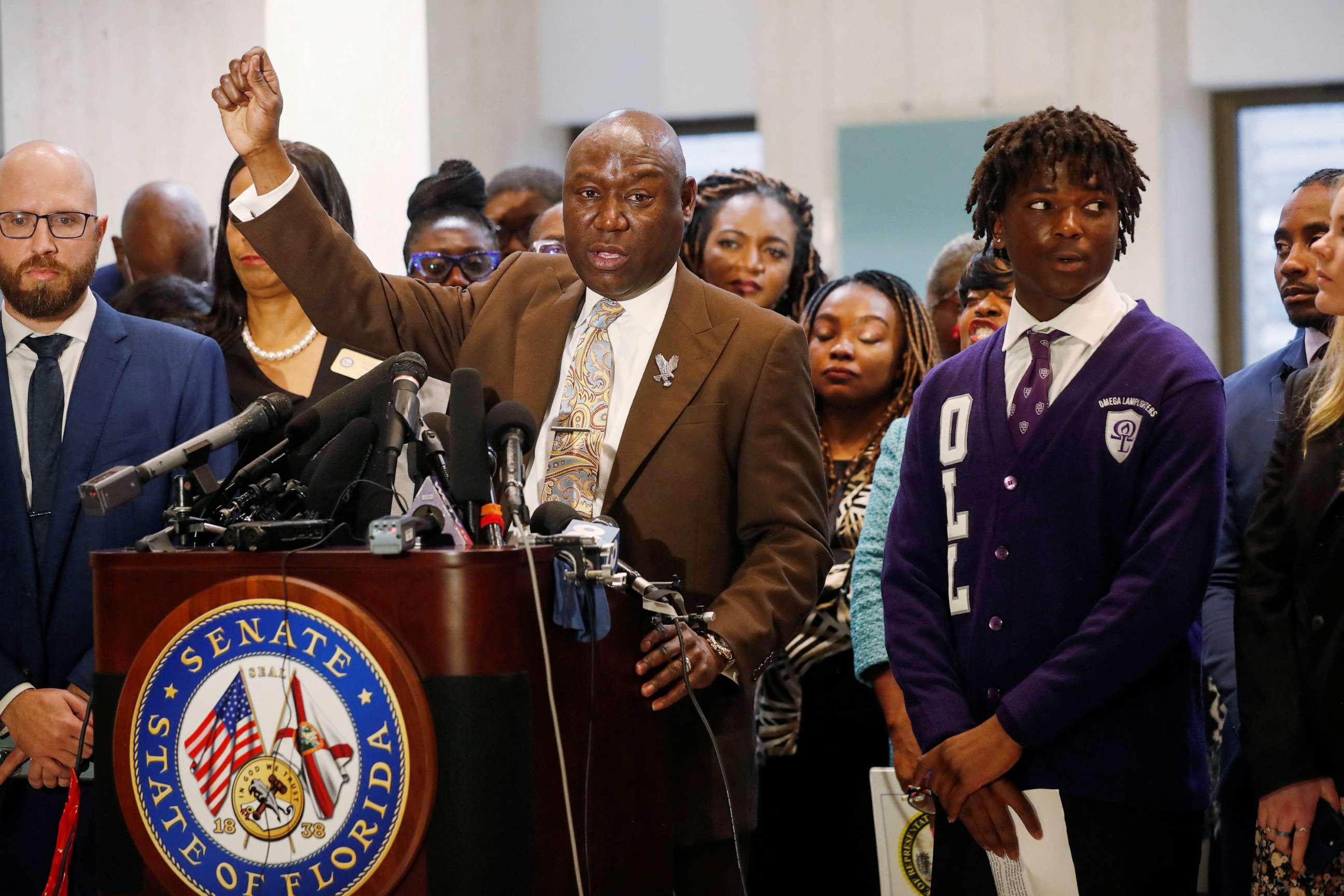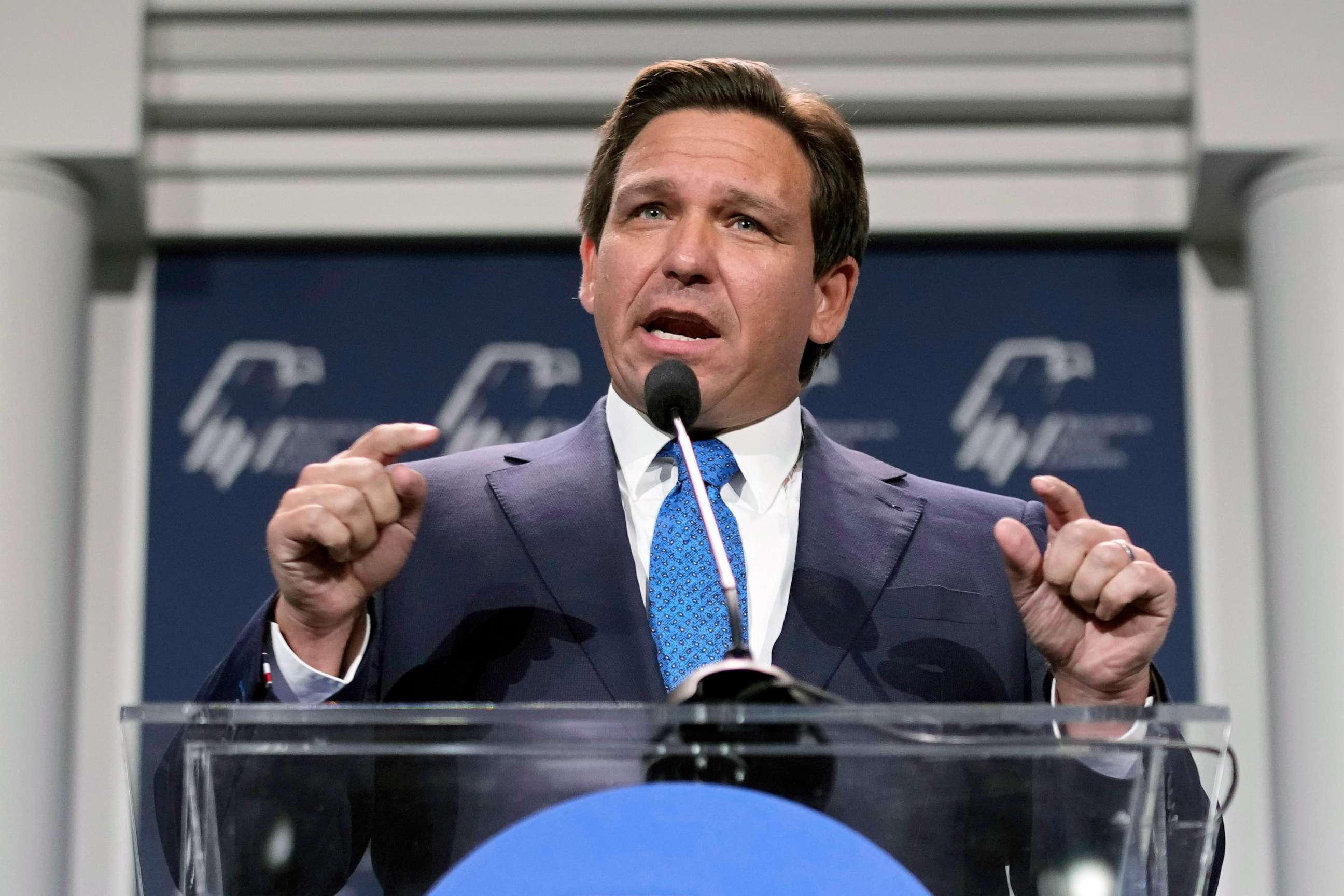Black education activist slams DeSantis over canceling AP course
Students have threatened to sue the state.
A Black education activist slammed Florida Gov. Ron DeSantis' move to ban AP African American studies from the state's high schools and warned that the move could erase key historical lessons from the classroom.
"It's going to hurt Black communities and it's going to hurt those students who would take this class as an option to explore the good, bad and ugly of our history, which makes them better students and better adults for society," American Federation of Teachers Secretary-Treasurer Fedrick Ingram said in an interview with GMA 3 Thursday.
Last week, the Florida Department of Education rejected the AP course, contending it "inexplicably contrary to Florida law and significantly lacks educational value."
The move comes a year after DeSantis signed the "Stop WOKE" Act, which restricts race-related content in workplaces, schools and colleges. The law has been temporarily blocked and is being battled in the courts.

Civil rights attorney Ben Crump announced Wednesday that a group of students is planning to sue the state over its rejection.
Ingram, who was at Crump's news conference announcing the suit, said that based on DeSantis' previous attacks and rhetoric against calls for racial equality, he fears the state's rejection of the classes is a sign of more controversial oversight to come.
"This is probably step five in a grander scheme of things, because this is hoisting political ideology into our classrooms and into our schools," Ingram said. "We should trust our teachers to do the right things."
Earlier in the week DeSantis defended his decision when asked by reporters and alleged the course taught queer theory.
"Who would say that an important part of Black history is queer theory? That is somebody pushing an agenda on our kids," he said.

LA Times Op-Ed Columnist and ABC News Contributor LZ Granderson told GMA 3 that the governor was "showcasing his ignorance."
"There are so many examples of queer presence intermingled and part of the larger African-American culture that for the governor to say that, all he is doing is showcasing how little he knows about the country, and also indirectly emphasizing the importance of this course."
Ingram said the course is made up of four frameworks: the origin of the African diaspora; the freedom and enslavement and resistance; the practice of freedom and the movements; and debates.
He reiterated that there is nothing in the course that has hurt students and it has ultimately provided them with a stronger perspective of this country's history.
"We're simply asking this governor, what are you afraid of?" he said. "We want to teach honest history. We want to teach a complete history, and that is inclusive of African-American Studies."



